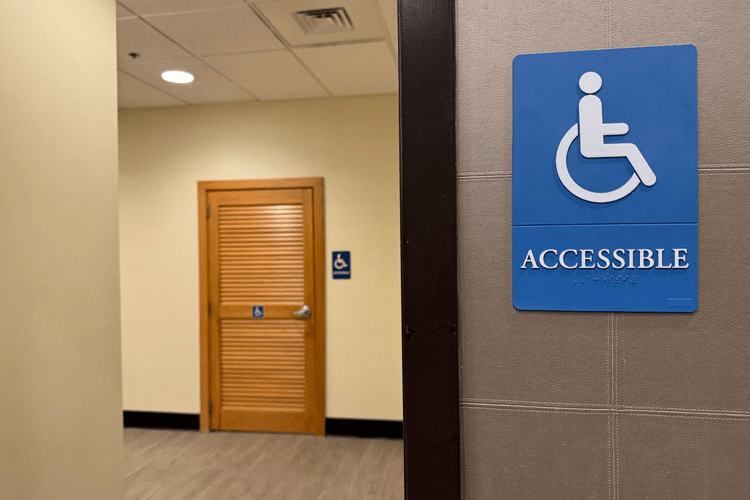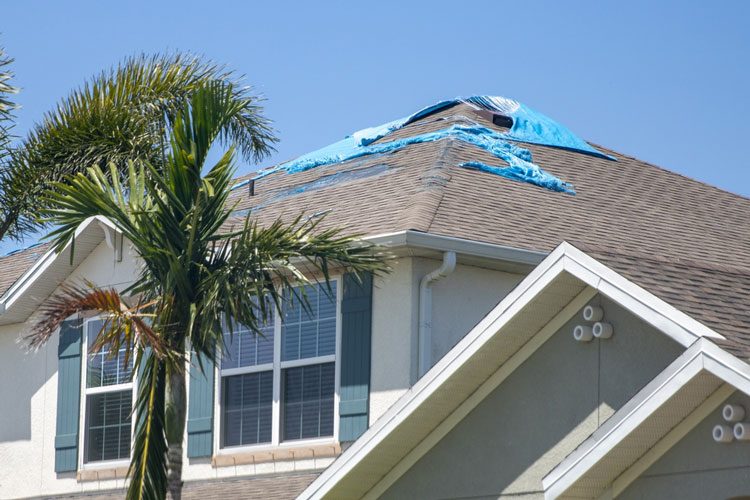The Hidden Impact of ADA Violations: How Non-Compliance Can Cost Property Owners More Than Just Fines
The Americans with Disabilities Act (ADA) is a cornerstone of civil rights legislation, ensuring equal access and opportunities for individuals with disabilities. For property owners, compliance with the ADA is not merely a legal obligation but a critical aspect of responsible property management. Failure to adhere to ADA standards can lead to significant financial penalties, legal challenges, and reputational damage.
Understanding the Financial Implications
Non-compliance with the ADA can result in substantial fines. As of 2025, the Department of Justice can impose civil penalties of up to $75,000 for a first violation and $150,000 for subsequent violations. These figures do not account for additional costs such as legal fees, settlement amounts, and expenses related to making necessary modifications to achieve compliance.
Moreover, the rise in ADA-related lawsuits has been notable. Many of these lawsuits stem from issues like inaccessible entrances, inadequate parking facilities, or non-compliant restrooms. Such legal actions not only strain financial resources but also divert attention from core business operations.
Reputational Risks and Business Impact
Beyond financial repercussions, ADA violations can tarnish a property owner’s reputation. In today’s socially conscious environment, consumers and tenants are increasingly attentive to inclusivity and accessibility. Negative publicity arising from non-compliance can deter potential tenants or customers, leading to decreased occupancy rates and revenue.
Furthermore, properties that fail to meet ADA standards may be excluded from certain business opportunities, such as government contracts or partnerships with organizations that prioritize accessibility.
Proactive Measures for Compliance
To mitigate risks associated with ADA non-compliance, property owners should consider the following steps:
- Conduct Comprehensive Audits: Regularly assess properties to identify and rectify accessibility barriers.
- Stay Informed: Keep abreast of changes in ADA regulations and standards to ensure ongoing compliance.
- Engage Experts: Consult with ADA compliance specialists or legal professionals to navigate complex requirements.
- Implement Training Programs: Educate staff and management on ADA obligations and best practices for maintaining accessible environments.
The Role of Legal Support
Navigating ADA compliance can be complex, and the consequences of missteps are significant. Engaging legal counsel with expertise in ADA regulations is crucial. Legal professionals can provide guidance on compliance strategies, represent property owners in litigation, and assist in developing policies that promote accessibility.
Partnering with Mineo Salcedo Law Firm
At Mineo Salcedo Law Firm, we understand the intricacies of ADA compliance and the challenges property owners face. Our team is dedicated to providing comprehensive legal support to ensure that your properties meet all ADA requirements, thereby safeguarding your investments and reputation.
Whether you need assistance with compliance audits, legal representation in ADA-related litigation, or guidance on implementing accessibility improvements, Mineo Salcedo Law Firm is here to help. Contact us today to learn more about how we can support your commitment to accessibility and legal compliance.









